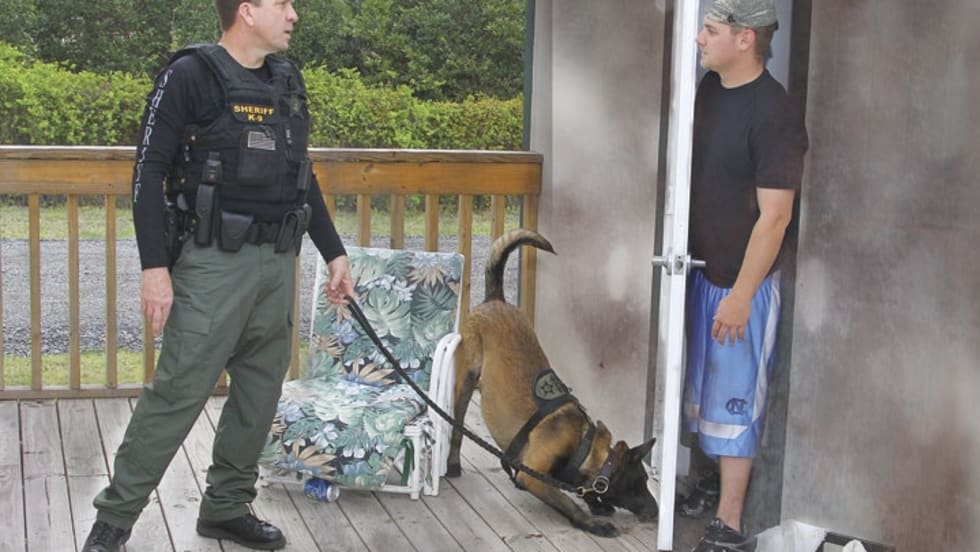
Two cases from Florida have brought the U.S. Supreme Court to two different conclusions regarding K-9 searches in 2013. One is an affirmation of existing practice, but the other breaks new ground and imposes new limits.
Read More →
When you make a search of premises under authority of a search warrant, it is generally permissible to detain the occupants pending completion of the search. The authority to do so, and the rationale supporting detention, were limited by a 2013 decision.
Read More →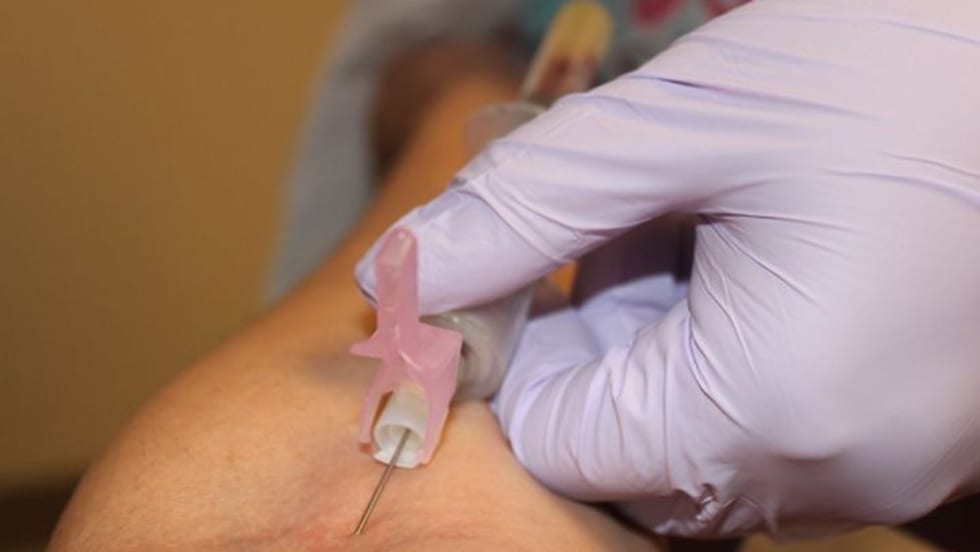
The United States Supreme Court required officers to obtain a warrant before drawing blood from a suspected drunk driver in a decision announced Wednesday.
Read More →
The U.S. Supreme Court ruled in favor of a marijuana grower's privacy rights Tuesday, when a majority of justices decided a Florida K-9's alert outside a home resulted in an unconstitutional arrest.
Read More →In March of 1963, Phoenix Police Officer Carroll Cooley arrested Ernesto Miranda. Fifty years later, Miranda warnings are as much a part of policing today as a set of handcuffs.
Read More →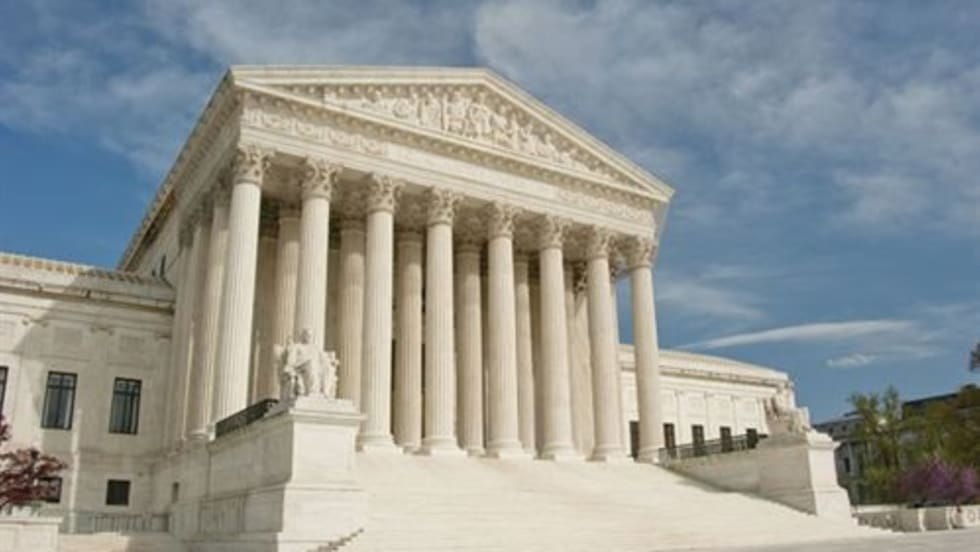
The U.S. Supreme Court agreed Monday to identify the appropriate venue for professional gamblers to sue a federal agent who seized their money at an airport.
Read More →
Let's face it—law enforcement officers sometimes make detentions, arrests, entries, or searches that run afoul of one or more of the hundreds of judicial decisions differentiating "reasonable" and "unreasonable" searches and seizures.
Read More →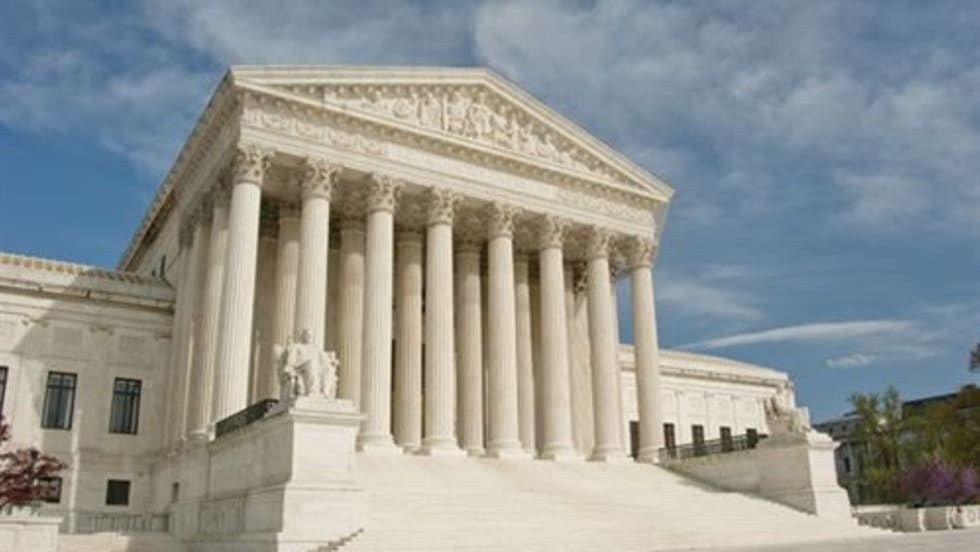
The U.S. Supreme Court will consider whether a Kansas man's Fifth Amendment self-incrimination rights were violated when medical testimony was used to convict him of killing a sheriff.
Read More →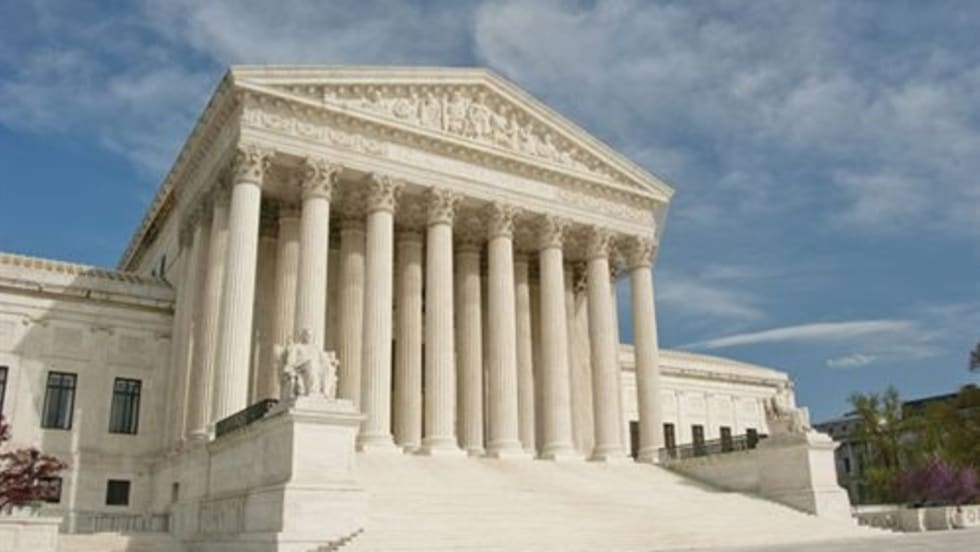
Suffolk County (N.Y.) Police detectives who detained two suspects, while officers searched a dwelling exceeded the scope of their search warrant, the U.S. Supreme Court ruled Tuesday.
Read More →
A Florida police dog's alert at a traffic stop that led to a van driver's conviction on drug charges established probable cause for the search, the U.S. Supreme Court ruled Tuesday.
Read More →